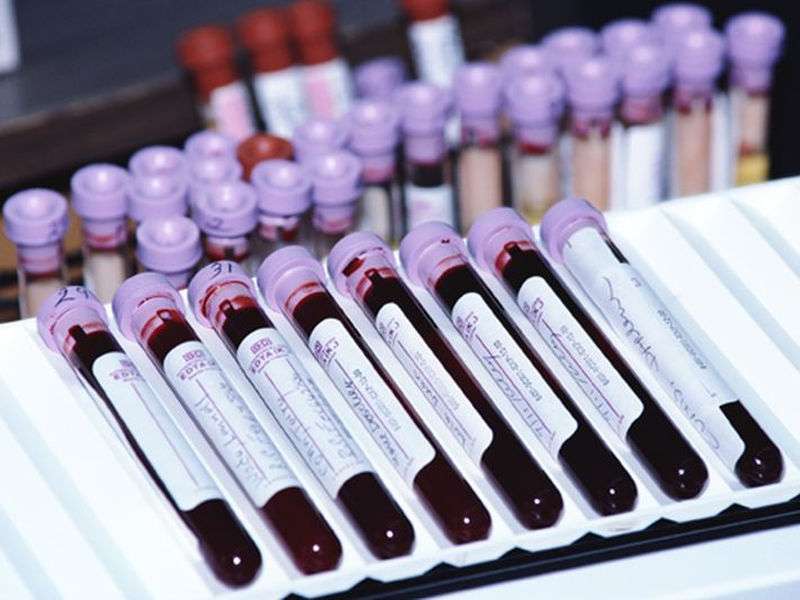(HealthDay)—Conjugated linoleic acid (CLA) supplementation is associated with an increase in serum C-reactive protein (CRP) concentration, according to a review and meta-analysis published online May 29 in Cardiovascular Therapeutics.
Mohsen Mazidi, Ph.D., from the Chinese Academy of Sciences in Beijing, and colleagues conducted a systematic review and meta-analysis to examine the impact of CLA supplementation on serum CRP. Data were included from 14 studies.
The researchers found that following supplementation with CLAs there was a significant increase in serum CRP concentrations (weighted mean difference, 0.63 mg/dL; 95 percent confidence interval, 0.13 to 1.13; heterogeneity P = 0.026); these findings were robust in sensitivity analyses. The changes in serum CRP levels were found to be independent of CLA supplementation dosage (slope, −0.02; 95 percent confidence interval, −0.10 to 0.12; P = 0.889) or follow-up duration (slope, 0.271; 95 percent confidence interval, −0.05 to 0.59; P = 0.098).
"This meta-analysis suggests that CLA supplementation is associated with an increase in plasma CRP concentrations and a reduction in serum adiponectin concentrations, which indicates that CLA supplements have a pro-inflammatory effect," the authors write.
More information:
Abstract
Full Text (subscription or payment may be required)
Copyright © 2017 HealthDay. All rights reserved.
























